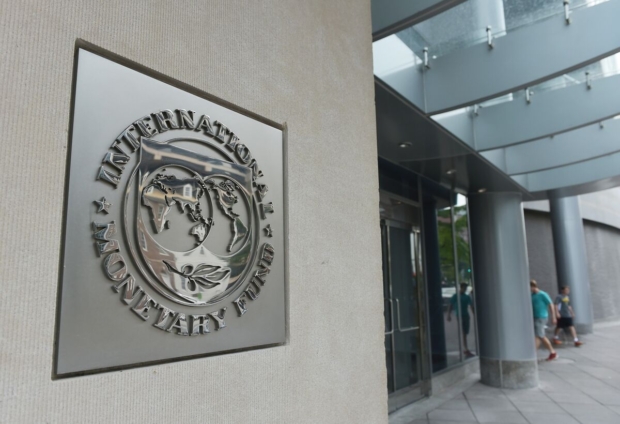Ghana’s macroeconomic outlook remains positive but subject to significant downside risks, the International Monetary Fund has revealed in its Second Review of Ghana’s Extended Credit Facility Programme.
The risks it said stem mainly from a deterioration of the external environment, delays in the implementation of the authorities’ comprehensive debt restructuring, and policy and reform slippages ahead of the end-2024 general elections.
The Fund said the programme performance has been generally strong.
"Notwithstanding the remarkable progress thus far, some challenges remain. Fully and durably restoring macroeconomic stability will require continued efforts to mobilize higher domestic revenue, control government spending, further reduce inflation, and rebuild international reserves. More progress is also needed towards tackling financial sector legacy issues and improving foreign exchange market operations", the report said.
The December 2023 Performance Criteria (PCs) and all Indicative Targets (ITs) showed that all but the one on accumulation of payables were met.
The report revealed that the end-March 2024 Indicative Targets on the accumulation of net international reserves was missed given the difficulties in the cocoa sector and frontloaded energy sector payments, while the end-March ITs on non-oil revenue and social spending were missed due to temporary factors.
However, four out of six Structural Benchmarks (SBs) through end-May 2024 were met. The end-March 2024 SB on the design and launch of a plan to address NIB’s solvency challenges was implemented with a delay.
The Fund also said more time was needed to discuss with Fund staff the amendments to the Bank of Ghana Act (end-May 2024 SB).
The second review discussions focused on advancing fiscal consolidation, while protecting the vulnerable, maintaining a tight monetary policy and promoting a flexible exchange rate to bring inflation back to single digits and rebuild foreign reserves, reforming policy frameworks and institutions to entrench macroeconomic stability and debt sustainability; preserving financial stability in the wake of the domestic debt restructuring; strengthening governance and transparency and bolstering private sector-led and inclusive growth.
Latest Stories
-
Residents of Dome-Kwabenya on edge ahead of December elections
6 mins -
Moffy drops new single ‘Wo’, blending culture and modernity
19 mins -
Don’t bring soldiers to polling stations – Martin Kpebu
31 mins -
Ogyeahohuo Yaw Gyebi II retained as President of National House of Chiefs
46 mins -
Embrace ICT to fit in digital world – Ho NYA boss to youth
1 hour -
We don’t want armed soldiers at polling stations – Tanko-Computer
2 hours -
Drama as police corner armed robbers inside locked forex bureau at Lapaz
2 hours -
Nigerian-born conquers childhood hearing loss to become KNUST’s overall best graduating student
2 hours -
ECOWAS Court orders compensation for violations against New Force’s Shalimar Abbiusi
2 hours -
Dreams FC denies allegations of attempting to sign Najeeb Yakubu
3 hours -
Election 2024: ‘Right to free and fair elections non-negotiable’ – Akufo-Addo
3 hours -
Kurt Okraku took out my passport from the U23 squad that travelled to Japan – Najeeb Yakubu alleges
4 hours -
Where hope fails: Ghana’s decaying home for the destitute
4 hours -
NDC Mining Committee for 2024 campaign refutes allegations of recruiting thugs for elections
4 hours -
Traction Control: A lifesaver with an off switch? Here’s why it exists
4 hours

